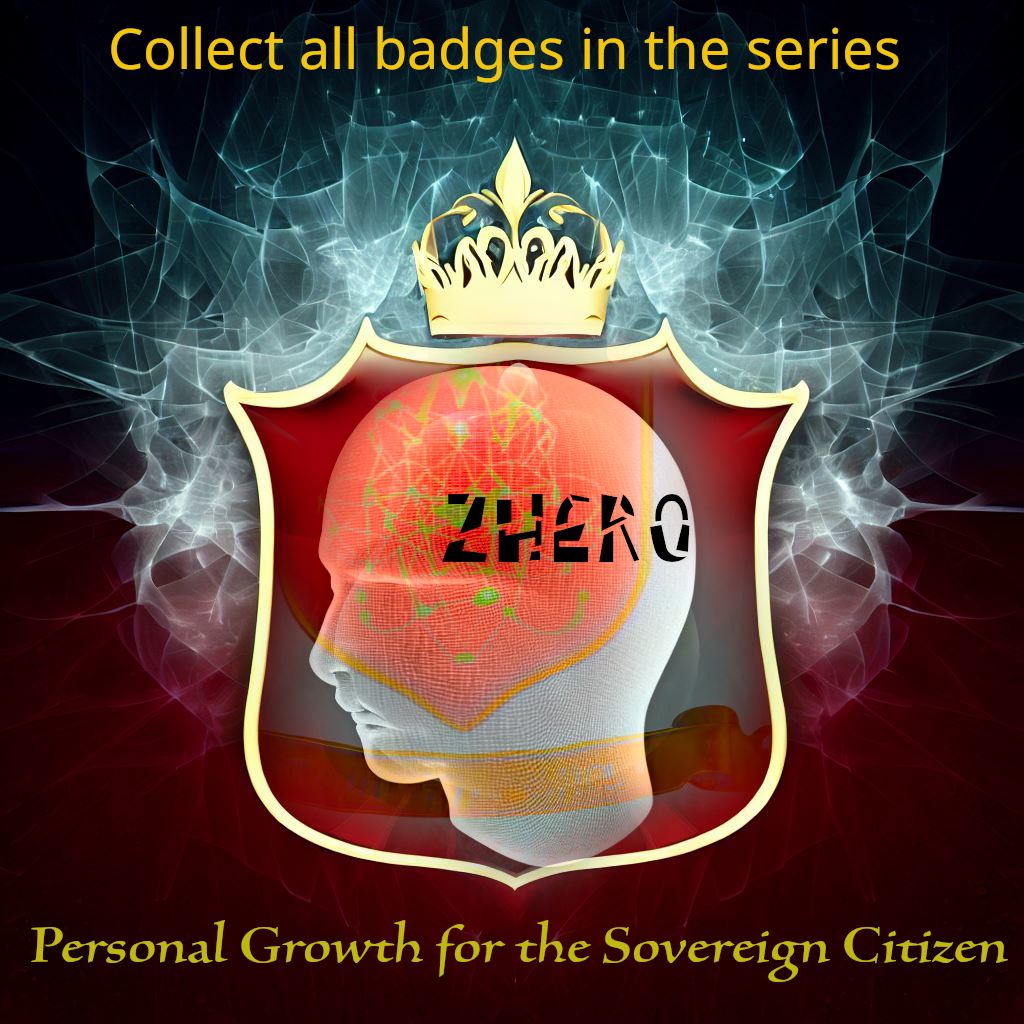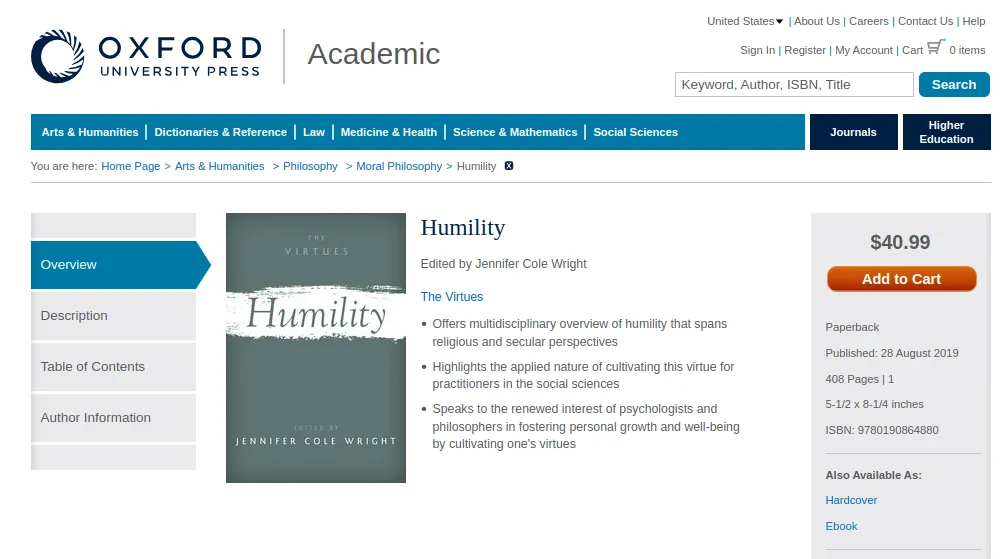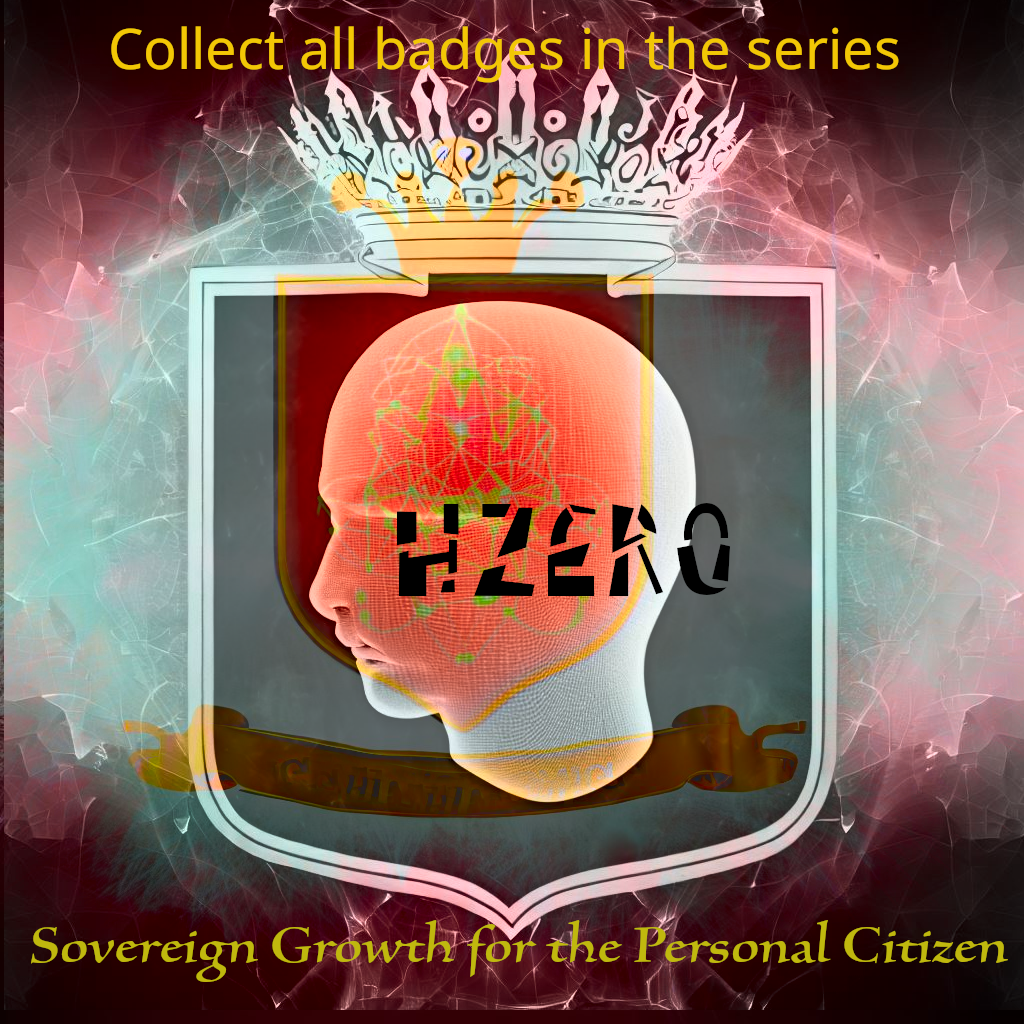Humiliating the world?

Prep
In the Janus Ratio (substack) I begin to re-frame [how we intuitively, traditionally place or regard a point-of-view] not as a noun but now→as a verb→ to(self/world).
to(self/world) is a verbing of two nouns into a complex gerund which blurs distinctions we live with, in order to investigate how we live. It seeks to collect facets of “being alive” “living” and rather than increase the resolution by ever more divining of triangulated particles of notice, then chunk them together, lest the particular motes, dust the rays of light that then distract us from the gist, even as the beams in our own eyes constrain us to see anything at all.
This blurring is offered as a method to refreshment of epistemology, not as a critique. A refreshment of reason perhaps.
This blur is based on poetic notices of language, and on lessons taken from the reflective discussion of language use on language, and code, and how language derives from the world as reality, and how we construct the world from reality, just as we grow our own bodies from the substance of the terrain, and create a nourishing landscape in the very same movement/moment.
On use of blur see Slash-and-blur worldculture 1 and 2 (or substack), or a little bit in .before country (not forgetting ⓪ ∅) (or substack) but this simply presents an old creative use of a similar 'blur'-ry processes in making/building something, in that case experimental fiction).
The blur here in this the example to(self/world), is not a process which seeks to champion a holistical method dealing with reductionistic distractions per se (in order, perhaps, to boost my own position – in the world). The blur is a way of holding those particulars in notice, holding those elements in a blur before our attention:
self,
world.
(everything)-(else)
as a greater thing but still distinct from everything in the cosmos, while allowing one to relax the ordinal virtues (cause/claim/credit/blame) and their distractions (potholes of notice which lead to reification/s and other sins of laziness). The blur is a platform of notice. An altar of intention, here is a poetic experimental piece of code fiction as an example of polar tendencies, in this last paragraph:
clame = the blur of claim and blame = blaim
The blur attempts to do both reductionism and holisticism in contest and in calm, as in pure notice without judgement, as if suspension of judgement were a intellectual faculty in itself and not a withdrawing from one’s abilities. And if not at the same time, then alternating so fast they produce a rhythmic source of intellectual power, rather than a calming meditation of the soul. I offer this not as an Ataraxia of the soul, but of the world, if via the self. The self is the only pathway to the world.
To (self/world) : This is a ratio where if one element is zero, then neither exist and there is no ratio. There is no reason to be, there is no reasonable outcome.
To self/world is to live, to pivot on a hinge of notice/s.
So here, to(self/world) is a trial of the blur, attempting to highlight that we are primarily a duality, even as individuals we are a composition not an atom without parts, at the same time, coherently try to say this particular item “I am” is a unique-ish POV, in that it takes up space and in taking up space we are personally building a world for the world, and in taking up a place in the world, we make our way among others doing the same, and without whom we would be unique but fail to exist.
To (self/world) : This is a ratio where if one element is zero, then neither exist and there is no ratio. There is no reason to be, there is no reasonable outcome.
One may consider either side alone. For the self side, we can study them as individuals, and aggregations of individuals (collective and tribal), and perhaps even as black-boxes in emergent phenomena (markets and language) but these processes reduce one side of the ratio to something just above zero, often for clarity and reducing the overall number of terms to something that human beings can handle, indeed human genius often lies in reducing complexity to clarity.
A "world-building" skill. Among others.
Humility as a spur
I was given to write all this in order to introduce the reaction to reading about humility as a new addition to trait mapping in psychology (a science with (self/world) ratio of 95/5), and how it related to openness and agreeableness.
See The Big Five is Incomplete (New Data vs Bryan Caplan, Gwern, Richard Hanania, and Jordan Peterson) by someone called Apple Pie, it usefuly adds to the triangulating dust.
[In 2025 I read Joseph Henrich on WEIRD psychology, see ONE, TWO, Three-ish.]
This was quickly followed up in my feed with Humility is the foundation to a virtuous life by Jen Cole Wright (Professor of Psychology, College of Charleston).
But instead of picking them apart (which is not my objective here in any case, I offer an addition not a replacement, see my use of the word champion above in this post), I will look at the blurb for a new book by the good professor.
In any case, people are not wrong on the internet, they are just more or less alone, approaching 0, where the world disappears in sympathy. This is a bad outcome. This is worlding badly.

The Virtues
· Offers multidisciplinary overview of humility that spans religious and secular perspectives.
· Highlights the applied nature of cultivating this virtue for practitioners in the social sciences.
· Speaks to the renewed interest of psychologists and philosophers in fostering personal growth and well-being by cultivating one's virtues
Obviously my blur methodology and its attendant epistemology will be sympathetic with any multidisciplinary approach, and regard them as friends.
Obviously I will be supportive of practitioners cultivating anything at all in the social sciences, my masters was full of counsellors being somewhat socialised by a multidisciplinary social ecology course, I have seen the benefits.
Obviously we have now come to the bit where I would like to say something not quite in agreement.
Speaks to the renewed interest of psychologists and philosophers in fostering personal growth and well-being by cultivating one's virtues
Firstly, what about the rest of us? Secondly, personal growth? Really? Into what? A peach as big as the world? A really sovereign sovereign citizen?
Suddenly the simple aim of happiness, or of Ataraxia become more appealing.
Also, does that blurby “renewed interest of psychologists and philosophers in fostering personal growth and well-being by cultivating one's virtues” exclude the world entirely? After all I argue we world as much as we self. They are the same process but we decide how to divy them up in selfing… —in worlding.
One for you, two for me, none for us.
We decide how to do it from within the process itself, and then look at the outcomes as if they are somehow more real than our living them, creating them, making them up.
Speaks to the renewed interest of psychologists and philosophers in fostering personal growth and well-being by cultivating one's virtues
Now I suspect they are not excluding the world at all, as we are talking about the virtue humility which is something we each do, or fail to do, in reference to the world of others (if not my more blurry nebulous tarot card of the self/world). Humility is basically a type of pride as a virtue not a sin, a way of placing ourselves in the world — agreeably and reasonably, or not.
If I, meika self, was the editor of this type of academic series (The virtues) I would do a title called Pride/Humility and from this produce a complete matrix of titles, multiplying a simple list of seven virtues into a table of 49 pairs (at the least) that my publisher’s commissioning editor would love me for producing such a collectable set.)(Yes, this is a pitch. Please give send money or check out my profile on poorme.com) (Also if you do not like my click-bate title please let me know in the comments below.)
last bit at the end
All emotions and virtues based on them which highlight conscientiousness will centre the self, or at least the processes that lie centred in the self, (even when they seek virtues in humbly multi-disciplining out into the world). Centred, this will highlight our current pre-occupation with selfishness (world approaching zero in the Janus ratio) when aware of it, and narcissism when not.
Looking at traits may not tell you much about how people world, except indirectly.
I would also add that where the self is centred in notice by our efforts, (on the consumer, the customer, the patient [the social institution of the individual] or where the world is centred in investigations into various aggregations/collectives either/both emergent or commanded, then we cannot see the Janus ratio at work composing our lives as body/self/world/s.
And thus miss the main game we live and argue about in/about/over/through/by/for/any-prepostion-your-can-think-of.

First posted on substack.com in September 2023.
